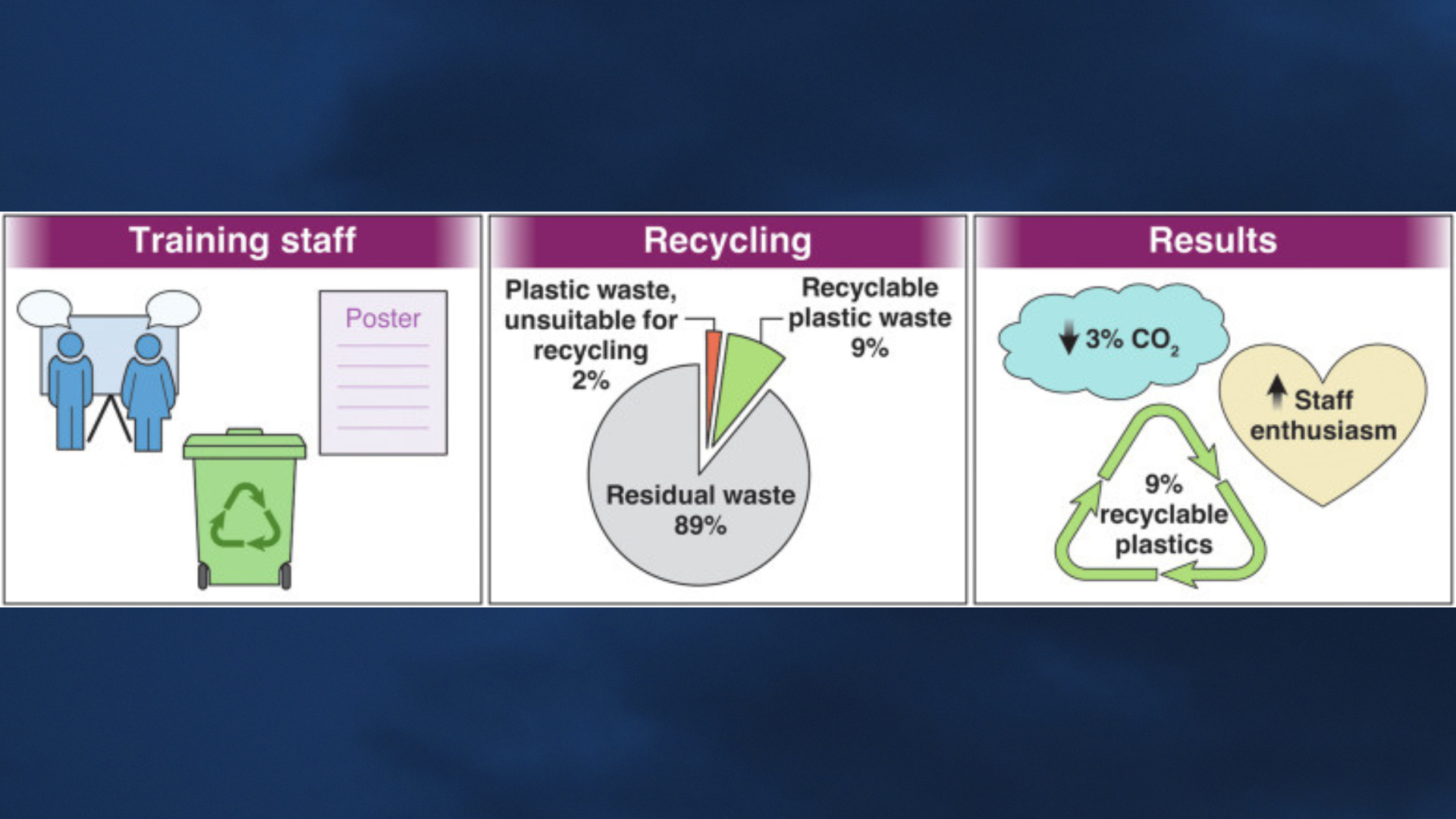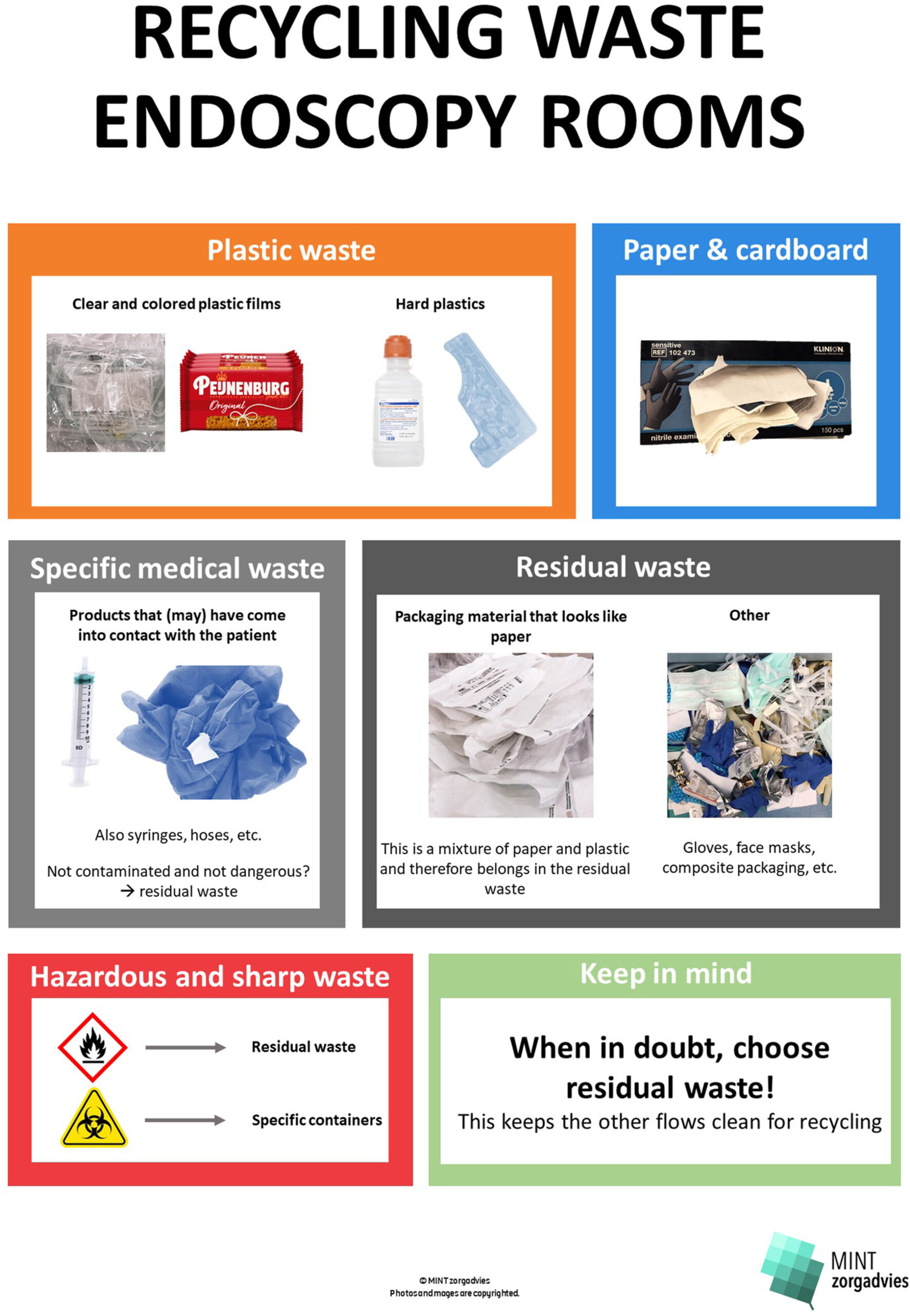The GI endoscopy unit is the second-highest, procedure-related, waste-generating department in medicine. With most endoscopy waste being incinerated, many units lack a recycling program, which could help reduce the carbon footprint of the field at large.
In the October issue of Clinical Gastroenterology and Hepatology, the Practice Management: The Road Ahead section featured the article, “Steps Toward a Greener Endoscopy Unit.” This article examined the implementation of a plastic waste recycling program within a GI endoscopy unit in the Netherlands.

Lukejohn Day, MD
Special Section Editor: Practice Management: The Road Ahead
Professor of Medicine at the University of California, San Francisco
Chief Medical Officer at the Zuckerberg San Francisco General Hospital
Dr. Day shared his thoughts on the importance of this article and advice for his colleagues.
Why are the issues of endoscopy sustainability and medical plastic waste recycling important to highlight?
“The inclusion of endoscopy sustainability and medical plastic waste recycling in this special section was deemed essential due to their critical impact on environmental conservation and healthcare efficacy. Addressing these issues promotes responsible resource management and underscores the necessity of integrating sustainable practices within the medical field for a healthier and more environmentally conscious future.”
As someone who has experience working in and leading an endoscopy center, what are your key takeaways from this article?
“My key takeaways emphasize the urgency of integrating eco-friendly practices within healthcare settings to mitigate the environmental impact of medical waste. Furthermore, prioritizing research and development in biodegradable materials and promoting the adoption of recycling initiatives are crucial steps in fostering a more sustainable future for the field of endoscopy.”
What are your recommendations to practicing gastroenterologists who are interested in sustainability and being more environmentally conscious?
“I advise practicing gastroenterologists striving for sustainability and environmental consciousness to implement a comprehensive waste management system, integrate reusable equipment where feasible, and adopt energy-efficient practices within their facilities. Moreover, exploring partnerships with environmentally responsible suppliers and staying updated with sustainable advancements in endoscopy technology can significantly contribute to reducing the environmental footprint of their practice. Lastly, advocating for sustainable practices within the broader healthcare community can amplify the impact of individual efforts and foster a culture of environmental stewardship.”













